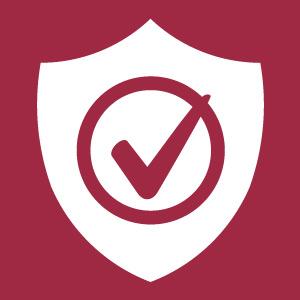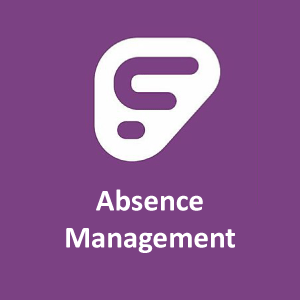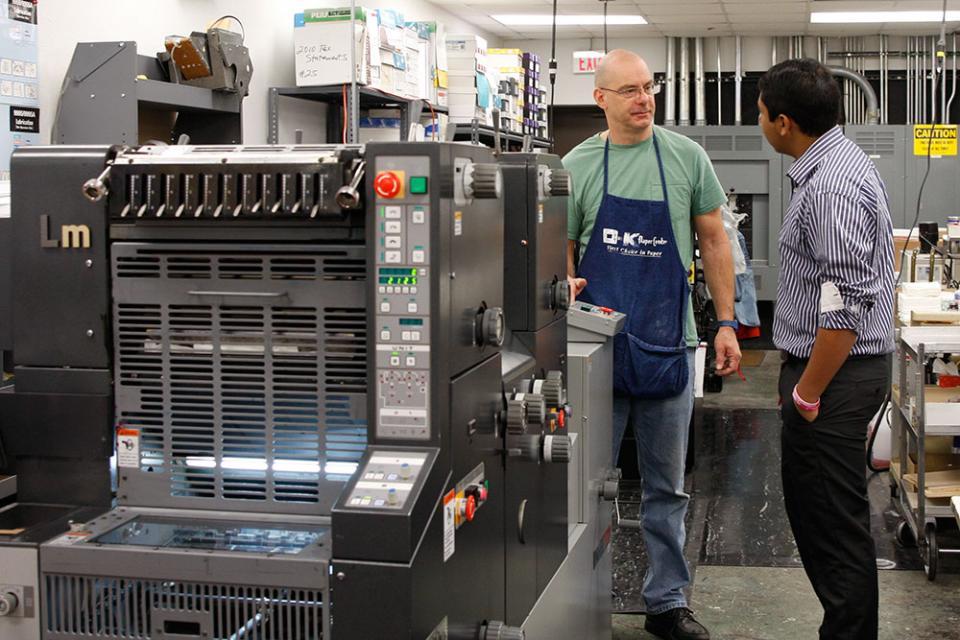


Mentorships, Internships and Practicums
Career and Technical Education (CTE) offers opportunities for students to work with companies and businesses in each of the 14 Career Clusters.
Career and Technical Education (CTE) offers many opportunities for students to work with companies and businesses in each of the fourteen Career Clusters.
Our CTE programs have partnered with hospitals, hotels, schools, and a variety of businesses or organizations. Continuous efforts are being made to assure the students in CTE have real world experiences through work-based learning such as mentorships, internships and practicums.
Our business partners serve on advisory committees and offer valuable information about the needs of the industry.

Mentorships
Mentorships partner students with a knowledgeable and experienced mentor from a business or organization. The mentor provides experience relevant to work, career or professional development. The mentor can help the student understand the required education for a given career and any requirements such as licenses, certifications, registrations or educational degrees.
Mentors may visit the classroom, conduct interviews, and provide information related to the needs of the business or organization. The student may also visit the workplace and learn alongside a mentor.

Internships
Internships allow students to experience the workplace and determine if they have an interest in a particular career within that workplace. The student's position may be paid or unpaid and usually occurs during the time period the student is in a related class. The act of job shadowing may also be considered an internship.
The student learns valuable skills such as timeliness, working as a team, appropriate workplace behavior, and other soft skills. Internships provide experiences for the student to note on their resume or in future college applications.
A non-paid internship sometimes leads to a job. The organization or business may evaluate the student as a possible future employee and offer employment. However, future employment is not guaranteed.

Practicums
Practicum courses are upper-level CTE courses offered to students in their junior and senior year of high school as the most advanced course in a sequence of courses.
A practicum provides supervised practical application. It may be completed either by a mentorship, partnership, an internship that is paid or unpaid, a laboratory setting or a site-based setting.
The practicum experience may occur during the school day or through after-school training that requires collaboration with the organization.
Related CTE courses
Most courses require students be at least 16 years of age. For specific course details and requirements, see high school course descriptions.
There are three types of CTE courses that offer mentorships, internships and/or practicums:
Lab
A lab course is a double blocked class that occurs on campus and results in two credits. Labs may include the training of a student on campus and an internship related to the training or all of the trainings may be on campus. Cosmetology is a longer lab class for three periods and three credits.
Career Preparation (CP)
A CP course is a one period class for three credits. The student must work or intern in a paid or unpaid work based learning site for 15 hours a week outside of class. At a minimum, 10 of the 15 hours must be during the school week.
Capstone Project
A Capstone Project course is a one credit class where students receive information beyond the curriculum in a mentorship or internship setting.















